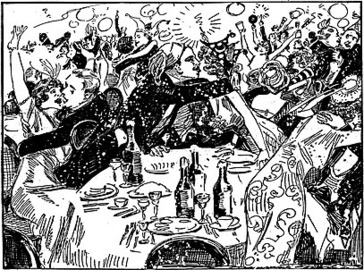
New Year's Eve
In the Gregorian calendar, New Year's Eve, the last day of the year, is on 31 December. In many countries, New Year's Eve is celebrated at evening parties, where... Wikipedia
- Also called: Hogmanay (Scotland), Calennig (Wales), Ambang/Malam Tahun Baharu/Baru (Brunei, Indonesia, Malaysia, Singapore), Yangi Yil (Uzbekistan), Karamu (African Americans, African diaspora), Silvester (Austria, Bosnia and Herzegovina, Croatia, Czech Republic, France, Germany, Hungary, Israel, Italy, Liechtenstein, Luxembourg, Poland, Russia, Serbia, Slovakia, Slovenia, Switzerland), Réveillon (Algeria, Angola, Brazil, France, Macau, Mozambique, Portugal, Romania, Wallonia, and French-speaking locations in North America), Kanun Novogo Goda (Russia), Ōmisoka (Japan), Pele ga Ngwaga o Mosha (Botswana)
- Observed by: People around the world
- Significance: The final day of the Gregorian year
- Celebrations: Reflection, late-night partying, family gatherings, feasting, gift exchanges, fireworks, countdowns, watchnight services, social gatherings, during which participants may dance, eat, consume alcoholic beverages, and watch or light fireworks
- Date: 31 December
- date: 31 December
- Frequency: Annual
- Related to: New Year's Day
- Data source: DuckDuckGo